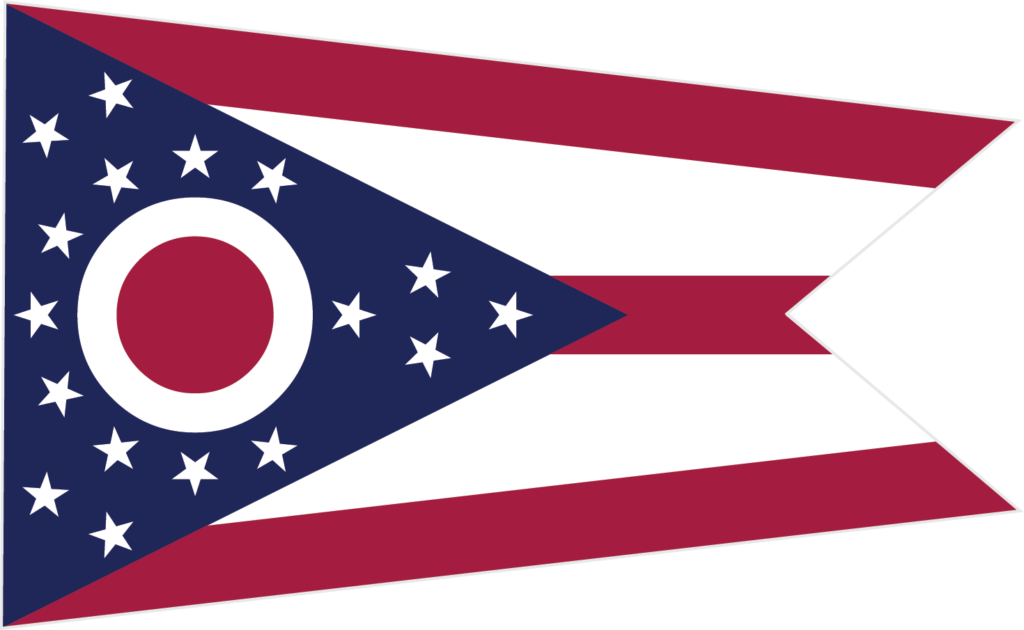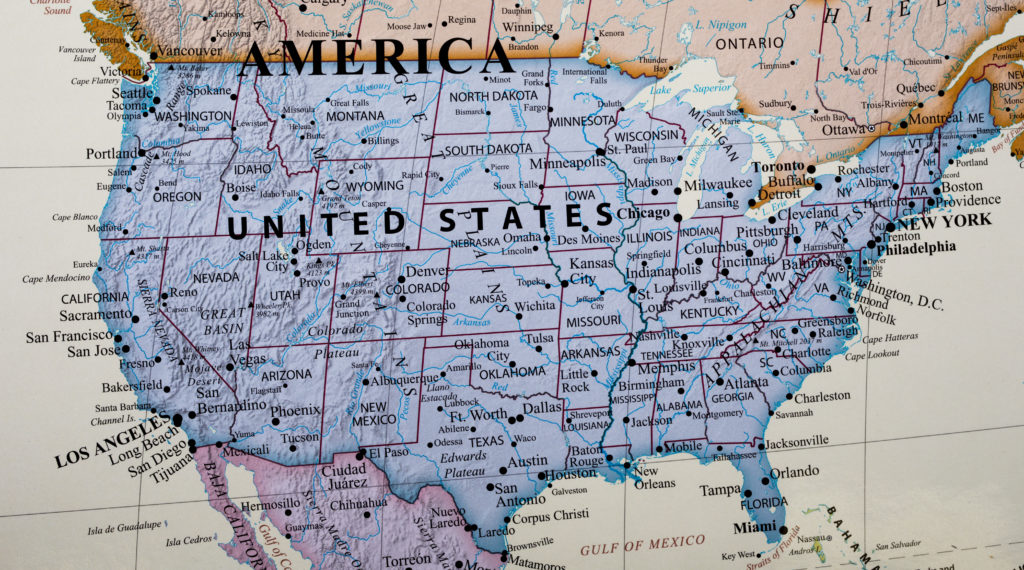
Ohio Gov. John Kasich signed SB 255 on Friday which puts an expiration date of 6 years on all state licensing boards unless they are renewed by the legislature. Prior to a board’s end date, the board must present to standing committees so that lawmakers can evaluate the usefulness, performance, and effectiveness of the board. Each board will have the burden of proof to demonstrate there is a public need for its continued existence. The Legislature will determine whether a board is necessary to protect the health, safety, or welfare of the public and whether its regulations are the least restrictive form that adequately protects the public interest.
Continue reading “New Ohio Law Targets Occupational Licensing Boards and Aids People with Criminal Records”



